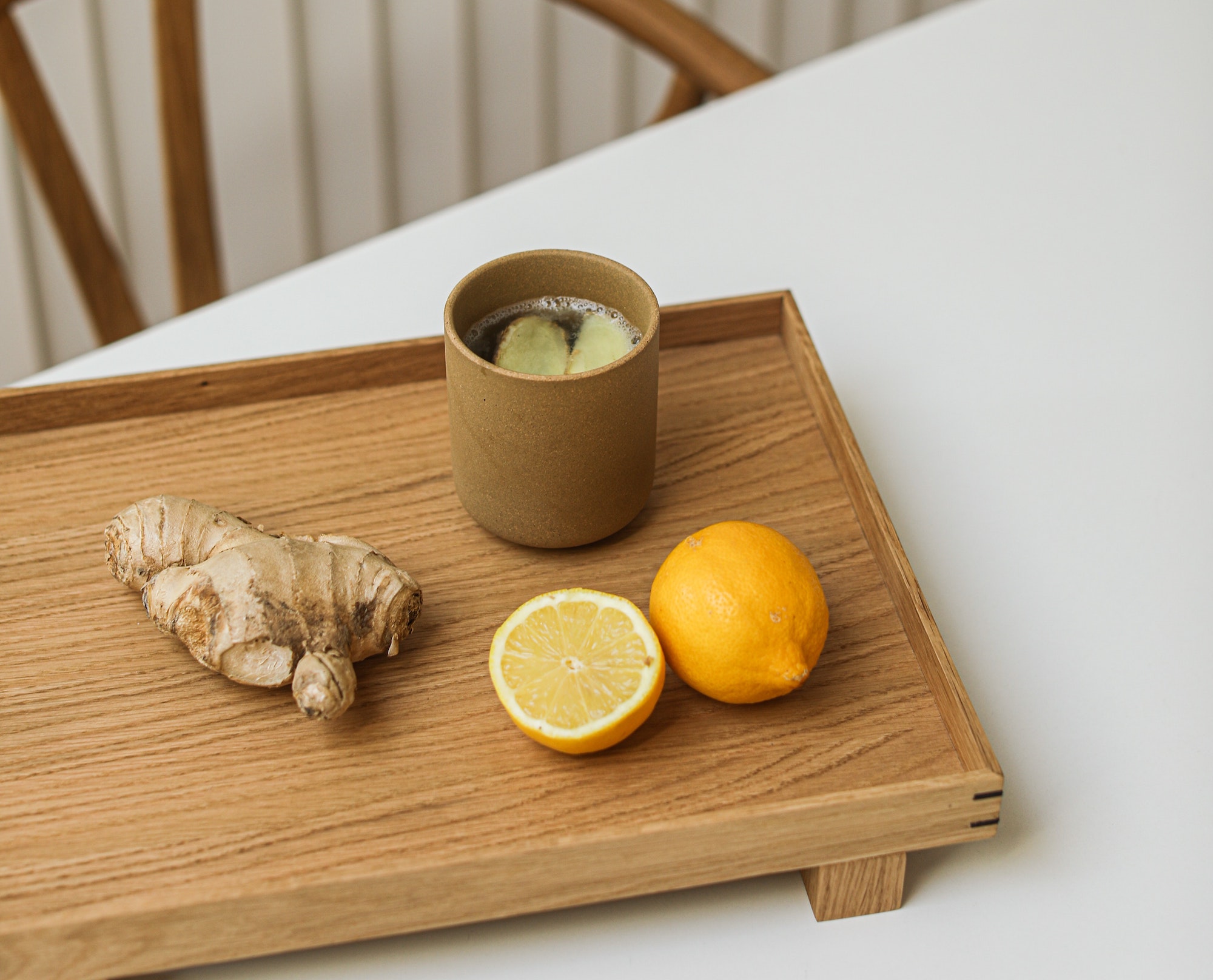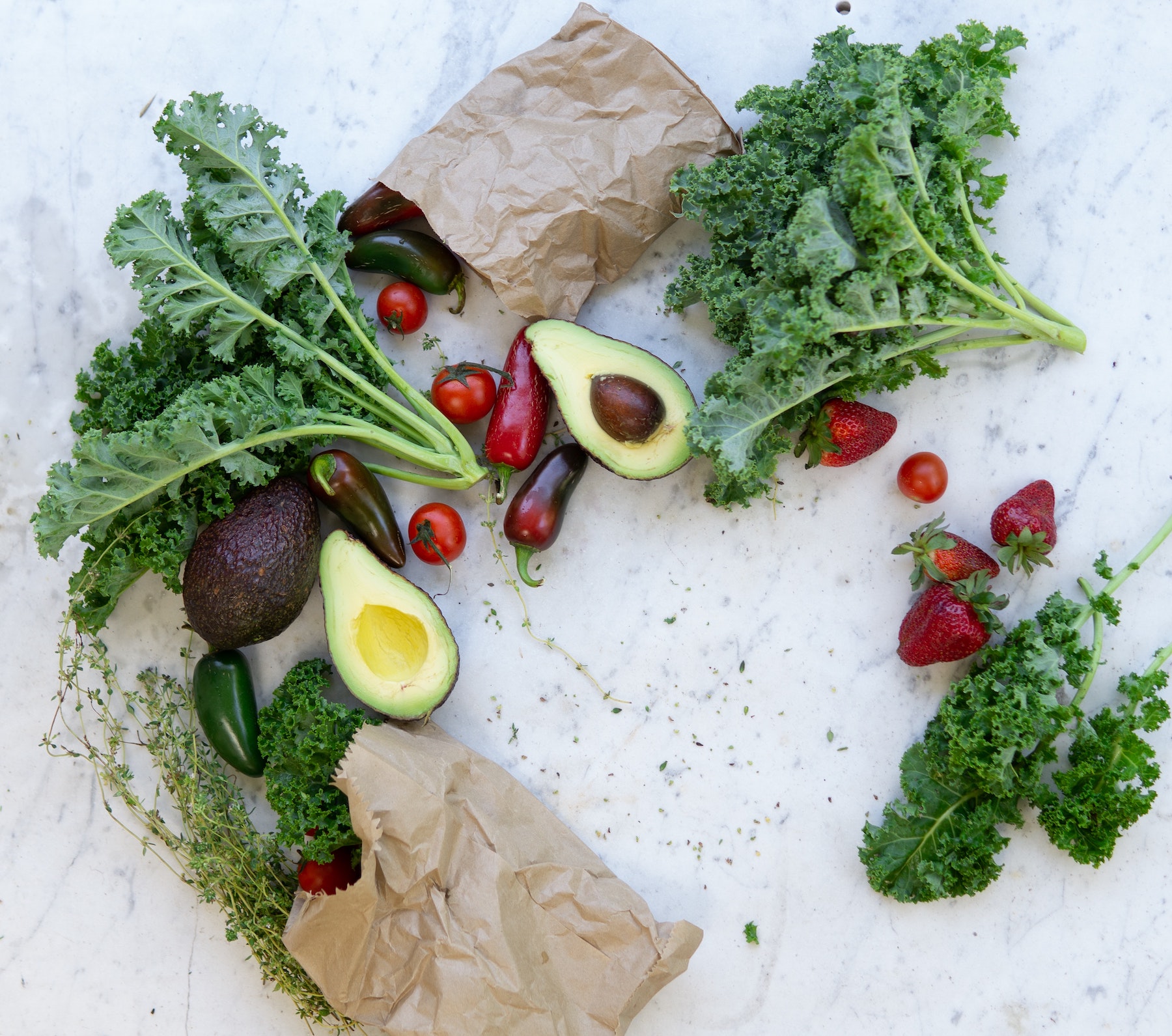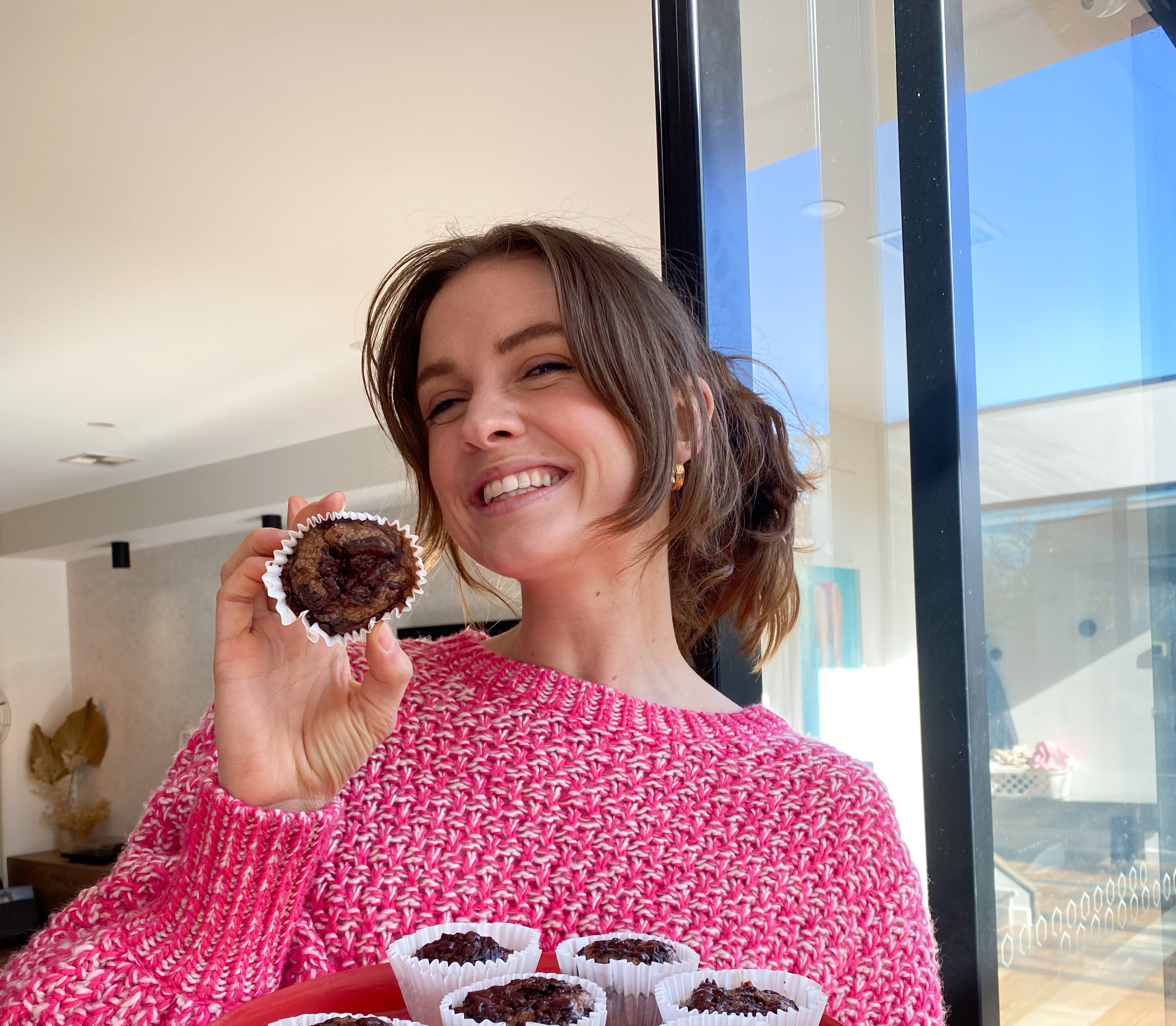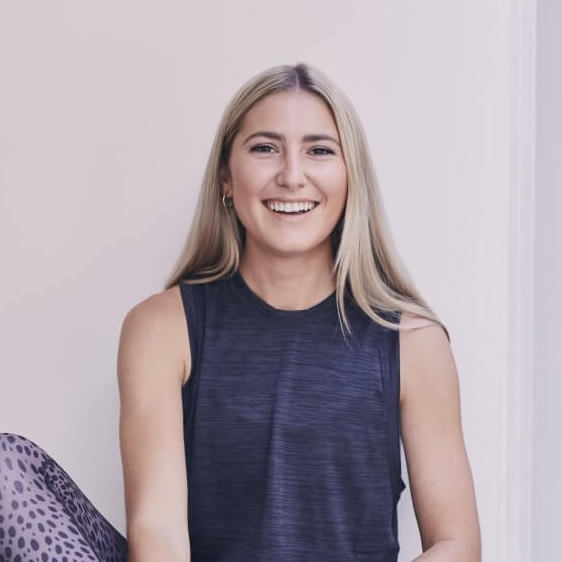How to overcome food guilt
Food guilt; it’s a common and uncomfortable experience for many people and an unfortunate product of toxic diet culture.
There’s no denying that we are continuously barraged by diet culture content that leads us to believe there are good and bad foods and that we should feel guilty after eating certain things.
Here at Kic, we are on a mission to help people overcome the fears and guilt that exist around food, especially those that have been drilled into us as “bad” or “unhealthy” (thanks diet culture).
We are big believers that we should eat to fuel our bodies and to feel good. No food should ever be demonised, avoided or cause guilt, because food = energy and our bodies need energy to perform at their best.
With all of this said, we do know that so many people struggle with food guilt – our co-founders Steph & Laura have both been there and truly understand the difficulty of unlearning these negative thought patterns.
To help, we’ve called in our incredible dietitian, Liv Morrison to share her advice on how we can combat our food guilt and develop a healthier relationship with food.
Here’s Liv…
First, we need to understand what feeling ‘guilty’ actually means as this allows us to recognise the root cause of negative food experiences and better our relationship with food. Guilt is determined as ‘having committed an offence or crime’. So, when you feel guilty in context of food, the story you’ve told yourself is that you’ve broken the ‘rules’ of eating.
The ‘rules’ of eating that we may strive to follow or have engrained in our minds are often a byproduct of diet culture and it’s likely that they’ll differ from person to person. However, what is often the same are the feelings of guilt experienced as a result of what or how we’ve eaten (i.e. guilt for breaking your food rules).
To put it simply, when what or how we’ve eaten has gone against our food rules, we tell ourselves that our behaviour is not acceptable and should be punished. Sadly, we often ‘punish’ ourselves by engaging in unhealthy behaviours such as restricting ourselves from food, engaging in negative self talk or changing how we exercise.
So how do we overcome this? How can we look to remove food guilt and the food rules we feel we must follow?
The answer is this:
To become free of food guilt you must unlearn your food rules.
Kids are a perfect example; they don’t experience food guilt until they learn about the labels society has place on said foods i.e., good vs. bad. This shows us that these emotional responses to food are learned and therefore like anything, can be unlearned.
Food cravings are normal and a healthy aspect of intuitive eating. When we label foods as ‘bad’ and over-restrict things we’re told are “unhealthy”, like chocolate or burgers, we’re telling ourselves that we can’t be trusted to eat mindfully around these foods.
Breaking our ‘food rules’ often means we’re giving ourselves permission to consume the foods we’ve told ourselves we should avoid. So, when looking to overcome food guilt it becomes important to understand why we react to food the way we do.
Food guilt isn’t necessarily tied to a certain type of food, but more due to ‘the forbidden fruit effect’. When we tell ourselves NOT to eat something, our mind gives it more attention. The fact that it’s ‘forbidden’ makes us want it more and drives food guilt when eaten regardless of what food group it falls into.
Therefore, the first step in overcoming food guilt is knowing what your food rules are so you can question and challenge them. Ask yourself things like:
-
- When did I start feeling bad for eating this food?
- When did I learn this information?
- Is that information helpful?
- Was that information for me?
- What do I think will happen if I eat it?
- Is that fear realistic?
- Why do I think X food is okay but X food isn’t?
If you’re ready to incorporate fear foods, take it slow, un-leaning is not an easy feat, but I believe in you! I highly recommend an ‘add to’ approach… add a small amount of a fear food to other foods that make you feel good, then increase the portion as you slowly become more comfortable.
This stuff is HARD and takes time to overcome with lots of questioning, unlearning and self-compassion.
Be kind to yourself, surround yourself with people that make you feel good and remember that it’s not about the number on the scale, it’s all about the smile!
If you’re struggling with food guilt, you can seek professional support from a dietitian.
You might also like

- Blog
- Nutrition
We’ve asked KIC’s resident dietitian, Liv Morrison for her advice on how we can keep our bodies nourished and satisfied in winter.

- Kicpod
- HEALTH
This week, Steph and Laura chat with KIC’s dietitian, Liv Morrison who shines a light on just how much the pandemic has caused an increase in troubled relationships with food and her tips for improving your relationship with food.

- Blog
- Nutrition
We’ve asked KIC’s resident dietitian, Liv Morrison for her advice on how we can best look after our bodies and eat well without breaking the bank.



